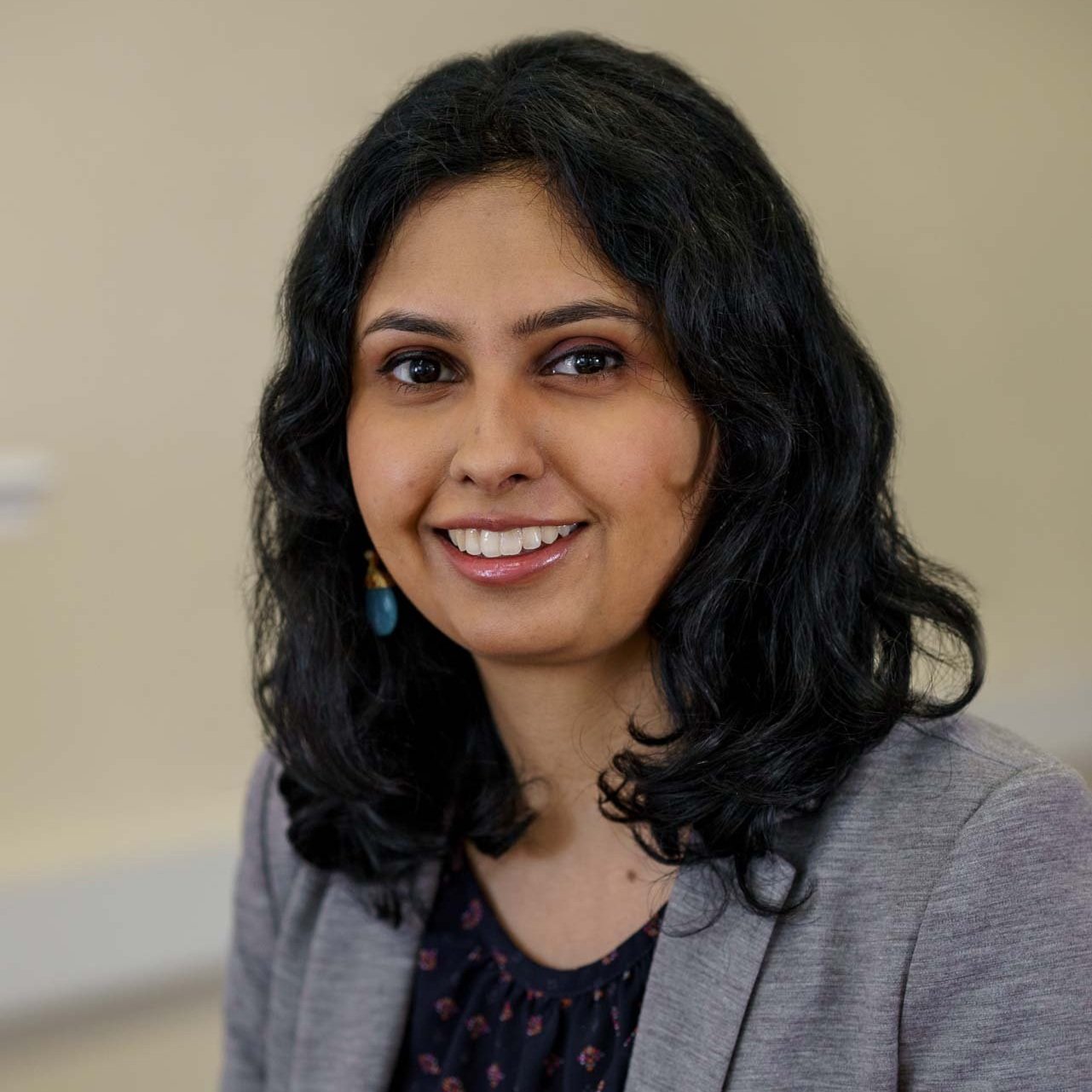
Our PhD Fellows
Our PhD Fellows
Aditya’s PhD research project is A Data Ethics Framework for Agriculture, co-supervised in the Roslin Institute’s Global Academies by experts in international law and mathematical modelling as related to food security and the global food system.
Alexander’s PhD research project is the Role of Measurement in Machine Learning and Ethical Implications of the Philosophy of Measurement, co-supervised in the School of Informatics and the School of Philosophy, Psychology, and Language Sciences.
Andrew’s academic interests focus on the intersection between ethics, psychology, and technology and how these fields come together to influence technological innovation and the development of moral character.
Bhargavi’s PhD research project is A Responsibility Framework for Governing Trustworthy Autonomous Systems, co-supervised in the School of Informatics and School of Philosophy, Psychology and Language Sciences.
Charlotte's work will focus on AI ethics in creative spaces, such as the interdisciplinary discussions about computational creativity as a tool for enhancing AI ethics, generative models, and human-algorithm collaboration.
Claire's current research focuses on building AI data-driven tools able to effectively and ethically improve legal decision making in the context of refugee law. She is exploring the links between machine learning and other disciplines such as law and human rights processes, cognitive sciences, human-AI cooperation and ethics.
Elisa’s work explores how we can empathise with the lived experience of ageing populations, designing digital devices and services that respond to their hopes and fears.
Han-Ju’s PhD research focuses on the socio-ethical critique of technology adoption within Scottish social enterprises, stemming from her passion for investigating the intersection between the ethics of technology and alternative organisations.
Harry’s research focuses on the foundation of moral skill, norms, and responsibility – highlighting what we risk as AI companies and corporate structures increasingly insulate decision-makers and developers from the social feedback loops that develop moral expertise.
Iñaki’s work investigates the role of dialogue design in shaping, discourse, normative content, and outcomes of public engagement with emerging technologies.
Jamie’s PhD research project is AI and Ethical Decision-Making in a Resource-Limited Health Care Environment, co-supervised in the Usher Institute and the Centre for Biomedicine, Self and Society.
Joe’s PhD research project is The University of Data: Ethical and Social Futures of Data-Driven Education, co-supervised in the School of Social and Political Science and the Moray House School of Education and Sport.
Martin is a design researcher, artist and engineer. His project explores how adversarial computing and investigative aesthetics might contribute to the interpretability, evaluation and informed use of generative AI applications.
Meenakshi is an interdisciplinary researcher with experience in the fields of computer science and education who is critically examining how EdTech engineers conceptualize and construct AI education technologies.
Sasha’s research explores the intersection between healthcare, ethics, identity politics, and technology, specifically in identifying and analysing the role that machine learning plays in epistemically just or unjust healthcare practices.
Yiping’s work focuses on the role and impact brought by the introduction of big data-driven technology.
Yuxin’s PhD research project is Human Moral Judgements Towards Artificial Intelligence Systems, co-supervised in the School of Philosophy, Psychology and Language Sciences by faculty in Philosophy and Psychology.
















